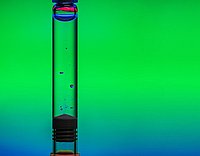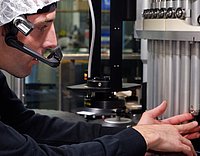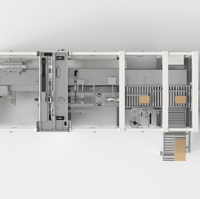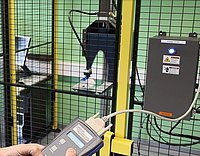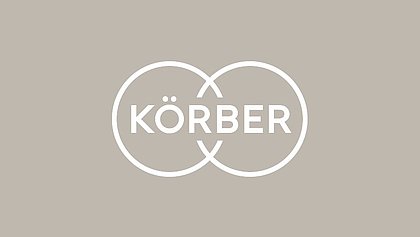
With the spread of COVID-19 around the world, rapid antigen tests became equally ubiquitous. Huge numbers of tests were produced out of plastic in short order, and now it’s impossible to imagine life without them. In 2021, over 113 million test kits were used in Germany alone – resulting in 678 metric tons of plastic waste.
This is where the Swiss packaging experts from Körber Group’s Business Area Pharma come in: they’ve developed packaging for COVID-19 tests that replaces 100 percent of the plastic components with cardboard monomaterial. This solution offers enormous benefits for the environment: Today, some 80 percent of plastic waste is incinerated, leading to high CO₂ emissions. In comparison, 80 percent of the Körber cardboard packaging can be recycled—and this up to twenty times. Furthermore, the use of monomaterial means that CO₂ emissions from manufacturing the packaging are reduced by more than 50 percent. And lastly, the packaging’s raw materials are 30 percent lighter, reducing transport weight.
“Our latest solution is not just a change in material. It also has an extraordinarily positive effect on our environment by saving tons of CO₂. For us, the important thing about this is being able to provide a huge added value not only to our customers, but also to our society,” said Joachim Hoeltz, CEO at Körber Pharma Packaging Materials AG, at the presentation of the Sustainability Initiative Award in Paris. He added that “sustainability is not just a buzzword for us, but an important goal we’ve been pursuing for decades already. Being honored with this year’s Pharmapack Sustainability Initiative Award, after having also received it in 2022, means we’re on the right track.”


